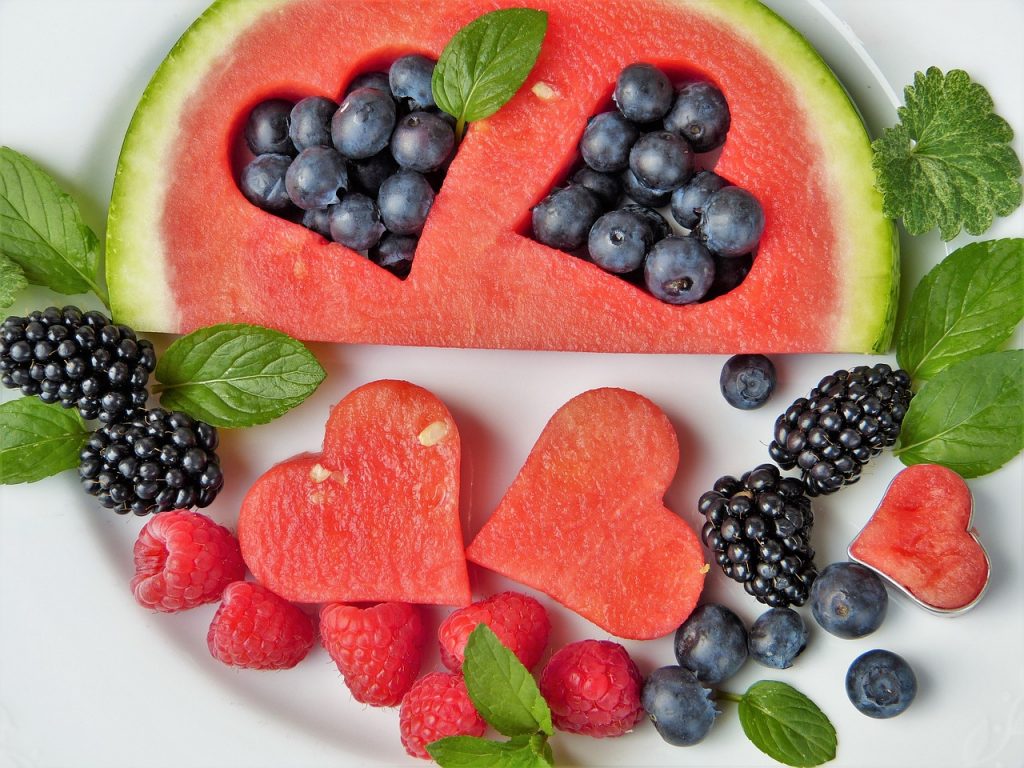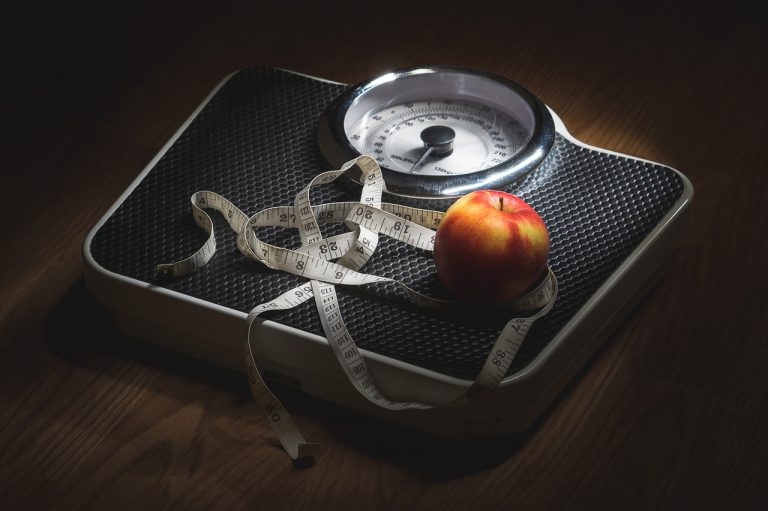When it comes to health, you really are what you eat. Eat a healthy diet, and you’ll be healthy; eat poorly, and you’ll be plagued by health problems such as obesity, high blood pressure, and even mental illness. Other things matter in health (you’ll still want to exercise and visit the doctor, of course!), but few things matter as much as your daily eating habits. Given how important healthy eating is to our overall health, it’s no surprise that so many of us want to improve our eating habits. That’s why huge numbers of Americans are on a diet at any given time.
Too bad diets don’t work.
The fact that diets don’t work doesn’t mean that we can’t improve our eating habits — far from it. The reality is that we need to make smarter and more sustainable changes. Rather than just deprive ourselves of calories, we need to eat in the same healthy way every day. Pulling this off isn’t easy, but it’s much more doable if you take advantage of powerful dieting tools like the ones below.
A notebook and pen
Lots of high-tech devices and apps can help you watch what you eat, but you can also get a big boost from some very low-tech gear. With a notebook and a pencil, you can keep track of what you’re eating all day. A food diary can give you insights not just into what you’re eating, but where and why you’re eating. Reading over a day’s meals and snacks can help you see patterns and weak spots. You may be able to identify habit loops that you can replace and exploit, as well as problem foods that are contributing a disproportionate amount to your negative health consequences.
A nutritionist
Eating healthy is tough. And it’s not just tough because we need willpower. It’s sometimes tough to even know what we’re supposed to eat in the first place. Most of us don’t have private nutritionists like celebrities do, and that can make it harder to cook and eat healthy.
But you can get some advice from a professional nutritionist. Look for a local one or, if you’d prefer the convenient and techy approach, get an app like Health Soup, which pairs up nutritionists and clients looking to improve their eating habits. Using an app, you can get nutritional advice faster and on your time.
A slow cooker
Cooking at home is generally healthier than dining out or eating takeout. But in our busy modern world, it’s sometimes tough to make time to prepare even simple meals. Enter the slow cooker, the lazy chef’s best friend. Dump some stuff in the put in the morning, turn it on, and enjoy a hot meal after work as soon as you want it. If you can get a big slow cooker, that’s even better. You can store the leftovers and reheat them throughout the week. In the hip lingo of efficient healthy eating, this is called “meal prep,” and it’s all about minimizing cooking effort while maximizing meals.
A nutritional encyclopedia
When you see that bag of Doritos, you might want to scarf it down — but when you turn the bag around and read the nutritional facts, you might be turned off. Wouldn’t it be nice if everything had a nutritional facts label? That’s not the world that we live in, unfortunately. But you can approximate that world by getting a resource for looking up nutritional facts. Tons of great apps and websites out there will do this, plus a few print volumes. Make sure you know what you’re really eating.





